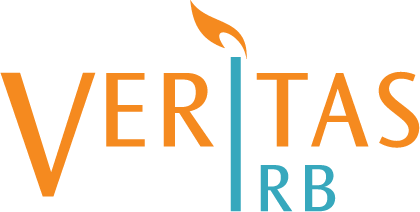The Montreal Tuberculosis Outbreak remains the most blatant case of IRB Forum Shopping in history. The events can be summarized as follows:
The Montreal Tuberculosis Outbreak remains the most blatant case of IRB Forum Shopping in history.
Why did SFBC Anapharm send their fourth study to IRB Services?
Could it be that SFBC Anapharm had objections to the condition of tuberculosis testing imposed by Veritas IRB? Well, Veritas IRB certainly wasn’t aware of any objection – no appeals to the condition of tuberculosis testing were ever filed by SFBC Anapharm for any of the studies.
Could it be that external factors such as time constraints, recruitment challenges, study costs, made it such that by removing the condition of tuberculosis testing, these external factors would be alleviated? Bingo!
IRB Services explained that in their review of the study, they chose to remove the condition of tuberculosis testing “because there’s a large Haitian population in Montreal, and many potential participants would have likely tested positive and have been excluded from the trial”. Jack Corman, CEO of IRB Services also stated, “It’s clear the test has no utility.” (1)
SFBC Anapharm did not present the fourth study to IRB Services with the tuberculosis test removed. By its own admission, IRB Services took it upon itself to remove this condition – a condition that minimized risks to research participants.
This case is so outrageous that we named it “IRB Forum Selling”.
This case is so outrageous that we named it “IRB Forum Selling” – the practice wherein an organization, whether public or private, lowers its IRB’s ethical standards in order to be awarded more research projects. In the absence of any ethically-relevant rationale for removing the condition of tuberculosis testing, one must conclude that IRB Forum Selling is the root cause of this tragedy.
“No one died”, said Jack Corman, in reference to the tuberculosis outbreak (2). True, but as a result of this study, 20 people were infected with tuberculosis and suffered short and long-term consequences, unnecessarily.
This case highlights IRB Forum Selling by IRB Services — the desire to placate SFBC Anapharm led IRB Services to lower its ethical standards to the detriment of research participants’ rights and welfare.
References
1. http://ahrp.org/montreal-clinical-trial-subjects-expoxed-to-tuberculosis/
2. http://www.macleans.ca/society/health/inside-the-human-guinea-pig-capital-of-north-america/
About the Authors

Martin Letendre
Martin Letendre is responsible for managing Veritas IRB's business operations and administering the activities of the Veritas IRB Boards. Martin is a member of the Quebec Bar and brings more than a decade of experience in health law and research ethics. His expert knowledge of, and ongoing activity and interest in research ethics have led to the publication of several reports and articles in peer-reviewed journals, and invitations as guest speaker at numerous conferences and scientific meetings. Martin was actively involved in the creation of an on-line tutorial for institutional research ethics boards in Quebec and was a member of Canada's three federal research agencies' Panel on Responsible Conduct of Research.


